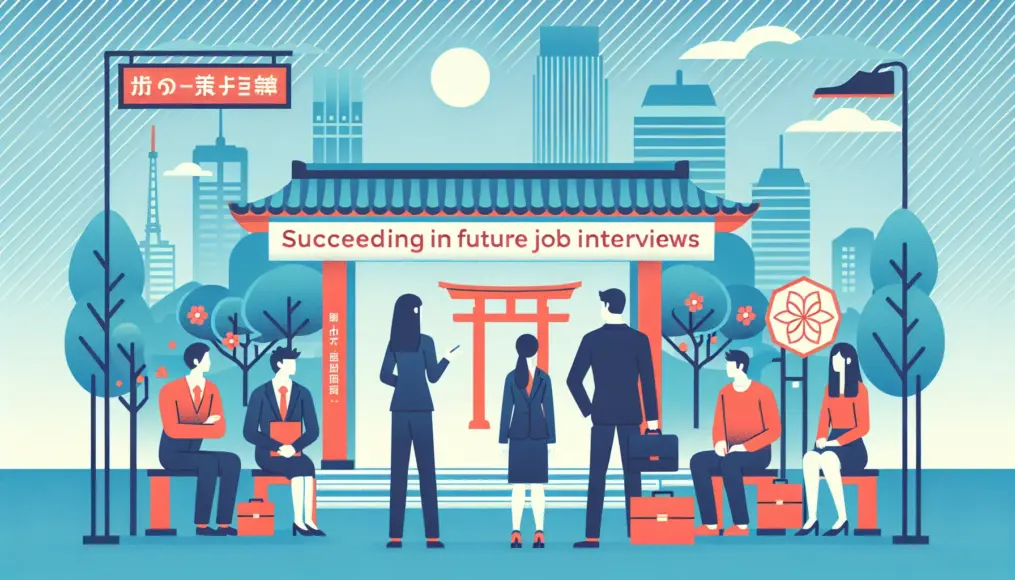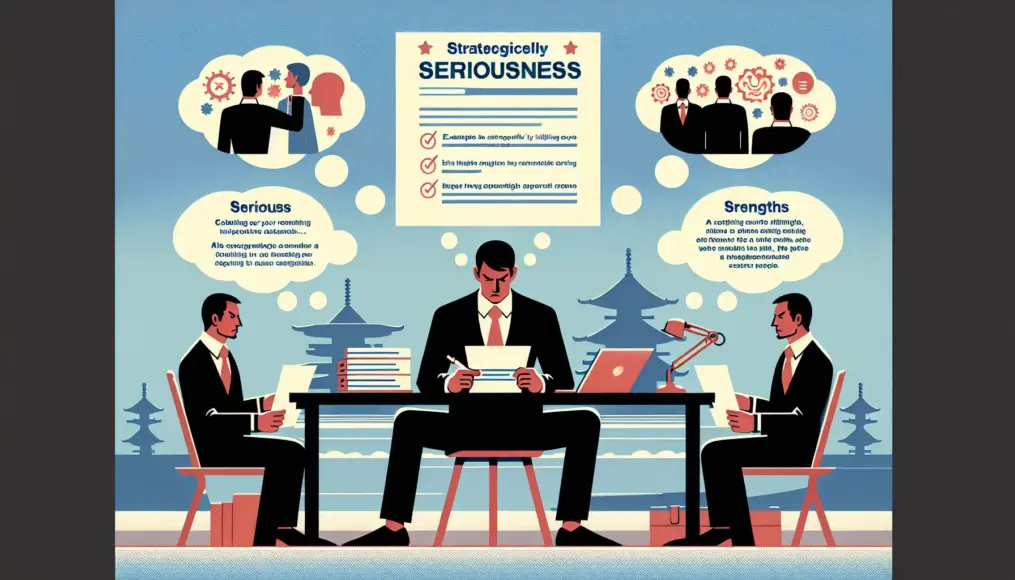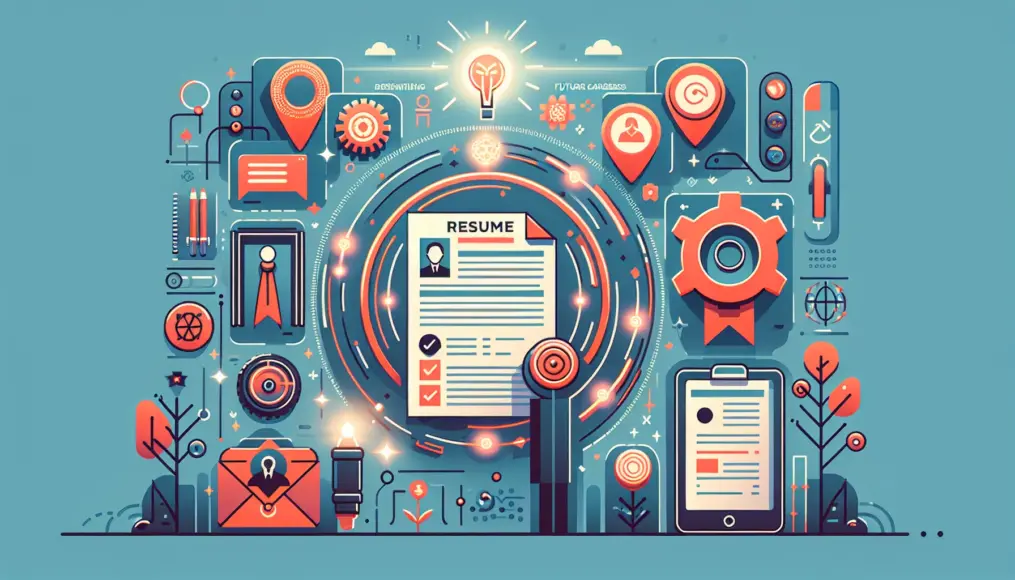Job interviews are becoming increasingly critical in today’s competitive landscape. To effectively showcase yourself and ensure a successful interview, it’s essential to keep a few key points in mind. In this article, we’ll explore specific strategies to help you navigate effective job interviews.
First and foremost, conducting thorough research ahead of time is vital for interview success. Additionally, how you present yourself during your self-introduction matters significantly. By understanding what interviewers prioritize, you’ll be better equipped to highlight the skills and communication abilities that are most sought after.
In today’s interview landscape, there’s a growing trend towards online formats and the use of AI, which means adapting to these changes is necessary. As you aim for career advancement, embracing feedback and maintaining a mindset focused on continuously improving your skills is crucial.
- How to Prepare for Job Interviews and the Importance of Pre-Interview Research
- Key Skills and Communication Abilities Valued by Interviewers
- Insights on Future Interview Trends
How to Prepare for a Job Interview
Thorough preparation is essential for a successful job interview. In particular, conducting research and crafting your self-introduction can significantly influence the impression you make. To effectively present yourself to the interviewer, it’s crucial to consider what information you should gather and what key points to convey during your introduction.
In this section, we’ll highlight important aspects of preparing for a job interview, focusing on the significance of research and key elements to keep in mind while introducing yourself.
The Importance of Pre-Interview Research
Before heading into an interview, it’s vital to research the company and its industry. Understanding the company’s values, culture, and recent news will facilitate smoother conversations with the interviewer. Additionally, knowing the traits the company seeks in candidates will help you clarify your strengths and what you can bring to the table.
The information you gather during your research will also be valuable when formulating specific questions during the interview. It’s a great opportunity to demonstrate your genuine interest in the company, so be sure to make the most of it.
- Importance of gathering information about the company and industry
- How to clarify your strengths
- A good opportunity to show your interest through questions
Key Points for Self-Introduction
Your self-introduction is a crucial moment, as it occurs at the beginning of the interview. To effectively promote yourself in a limited time, it’s important to prepare concise and specific content. Organize your background and skills, and be clear about how you can contribute to the company.
Moreover, it’s essential to communicate not only your experience but also your passion and values during your self-introduction. This approach helps the interviewer understand your personality better.
As you progress in preparing for your job interview, once you’ve grasped the points related to self-introduction and research, the next step is to prepare for potential interview questions. If you want to feel more confident about answering questions during the interview, check out this guide on How to Tackle Common Job Interview Questions: Your First Step to Success. You’ll learn effective ways to understand the interviewer’s intentions and convey your self-introduction and reasons for changing jobs effectively.
- Preparing a concise and specific self-introduction
- The importance of organizing your background and skills
- Highlighting your personality by sharing your passion and values
Key Perspectives Interviewers Focus On
Understanding what interviewers prioritize during job interviews is crucial for success. While the specific skills and communication abilities required can vary by role and industry, these elements are universally significant in any interview. By grasping these perspectives, you can more effectively showcase your strengths.
In this section, we’ll take a closer look at the skills and communication abilities that interviewers pay special attention to. Understanding these points will help you prepare for your interview more effectively.
Required Skills
The skills that interviewers value often depend on the job type, but a common trend is the necessity for specialized knowledge and technical expertise. For example, skills in programming, design, project management, and problem-solving are frequently sought after. Possessing these skills can align you more closely with what companies are looking for in candidates.
Moreover, it’s not just about having the skills; interviewers also want to know how you’ve grown through your experiences. It’s crucial to illustrate your skills with specific examples from your past.
- The importance of specialized skills based on the job type
- Evaluating problem-solving and project management abilities
- Clearly communicating your skill growth through experience
Communication Skills
Communication skills are one of the key aspects that interviewers greatly emphasize. In the workplace, effective collaboration with team members and interaction with clients are essential, making the ability to communicate smoothly highly valued. This includes being able to convey your opinions clearly and understand others’ viewpoints.
Additionally, your responses and demeanor during the interview reflect your communication abilities. Speaking confidently and responding accurately to questions are crucial elements that can leave a positive impression on interviewers.
For those looking to dive deeper into effective strategies for interview success, I recommend checking out Mastering Interview Questions for Job Transitions!. This article provides detailed insights on how to effectively answer common questions and the importance of asking thoughtful questions in return, so be sure to take a look.
- The importance of smooth communication
- Ability to clearly express your opinions
- Accurate responses and positive demeanor during questioning
Future Trends in Job Interviews
The landscape of job interviews is undergoing significant transformation. With the rise of online interviews and the integration of AI technology, the traditional interview format is being completely redefined. To keep up with these trends, it’s essential to understand new technologies and methodologies, and to adapt accordingly. A flexible mindset will be more important in future interviews than ever before.
In this section, we will explore how the proliferation of online interviews and the use of AI are impacting the hiring process. Understanding these key points and preparing accordingly is crucial for success in upcoming interviews.
The Rise of Online Interviews
Online interviews offer the advantage of easily connecting with candidates who are located remotely. This enables companies to cast a wider net for talent, while candidates can participate in interviews from the comfort of their homes, enhancing time efficiency. Particularly since the pandemic, this format has gained immense popularity.
Additionally, online interviews require strong communication skills over a screen. To avoid technical issues, it’s important to check your equipment and set up your environment beforehand. This preparation can help create a positive impression.
- The benefits of easily connecting with remote candidates
- How online interviews improve time efficiency
- The importance of communication skills in a virtual setting
The Potential of AI Utilization
AI technology is making waves in the hiring process as well. By employing AI for tasks like resume screening and interview evaluations, companies can select candidates more objectively and quickly. This alleviates some of the burden on interviewers, allowing them to dedicate more time to engaging with candidates.
Leveraging AI enables data-driven decision-making, making it easier to identify suitable candidates. However, candidates also need to prepare for AI-driven interviews. This means deepening their understanding of new technologies and effectively communicating their strengths.
As online interviews and AI become more prevalent, interview preparation is becoming increasingly vital. Particularly, understanding the intent behind interview questions is a key factor for success. If you’re interested in this topic, be sure to check out our article “A Guide to Understanding Question Intent and Acing Your Interview.” It offers specific strategies to leave a great impression on your interviewers.
- The advantages of AI in resume screening
- How AI eases the load for interviewers
- The necessity for candidates to prepare for AI interviews
Mindset for Career Advancement
As you build your career, one of the most important things to keep in mind is the commitment to continuous growth. Embracing feedback and maintaining a proactive approach to improving your skills can pave the way to success. It’s essential to leverage insights gained from your interview experiences to propel yourself into the next stage of your career.
In this section, we’ll explore how to effectively utilize feedback and the significance of ongoing skill development. Understanding these concepts will provide you with valuable tips for cultivating a more fulfilling career.
Leveraging Feedback
Feedback is an essential component of personal growth. By accepting evaluations and advice from interviewers with an open mind, you can gain a clearer understanding of your strengths and areas for improvement. Particularly, feedback received after an interview can be incredibly useful for your next interview or job opportunity.
Moreover, it’s crucial to translate feedback into action. By devising specific improvement strategies and putting them into practice, you can enhance your skills further. This iterative process will help you approach your next challenge with greater confidence.
- An open mindset towards receiving feedback
- The importance of recognizing strengths and areas for improvement
- The process of taking action to enhance skills
Ongoing Skill Development
To advance in your career, continuous skill development is a must. You need to stay committed to learning in line with industry trends and technological advancements. Utilizing online courses and seminars can help you easily acquire new knowledge.
Additionally, investing in your skills is essential. By dedicating time and resources, you can increase your value and broaden your options for future career choices. It’s important to strategically refine your skills in alignment with your goals.
- A commitment to continuous learning in line with industry trends
- Making the most of online courses and seminars
- Enhancing your value through self-investment
Summary
To succeed in a job interview, it’s crucial to prepare ahead of time and understand what interviewers prioritize. By researching the company and industry, and clearly defining your self-introduction and key selling points, you can create a stronger impression. Additionally, being adaptable to emerging trends like online interviews and the use of AI is increasingly important.
Moreover, utilizing feedback after interviews to continuously refine your skills is essential for career advancement. By focusing on these aspects, you’ll be better equipped to broaden your possibilities when facing an interview.
- The importance of conducting thorough research to understand the company
- Understanding the skills and communication abilities valued by interviewers
- Leveraging feedback for ongoing skill development
Job interviews are a vital step in shaping your future. We encourage you to use this article as a guide as you prepare for your next interview. If you have any thoughts or questions, feel free to share them in the comments section!



Comment